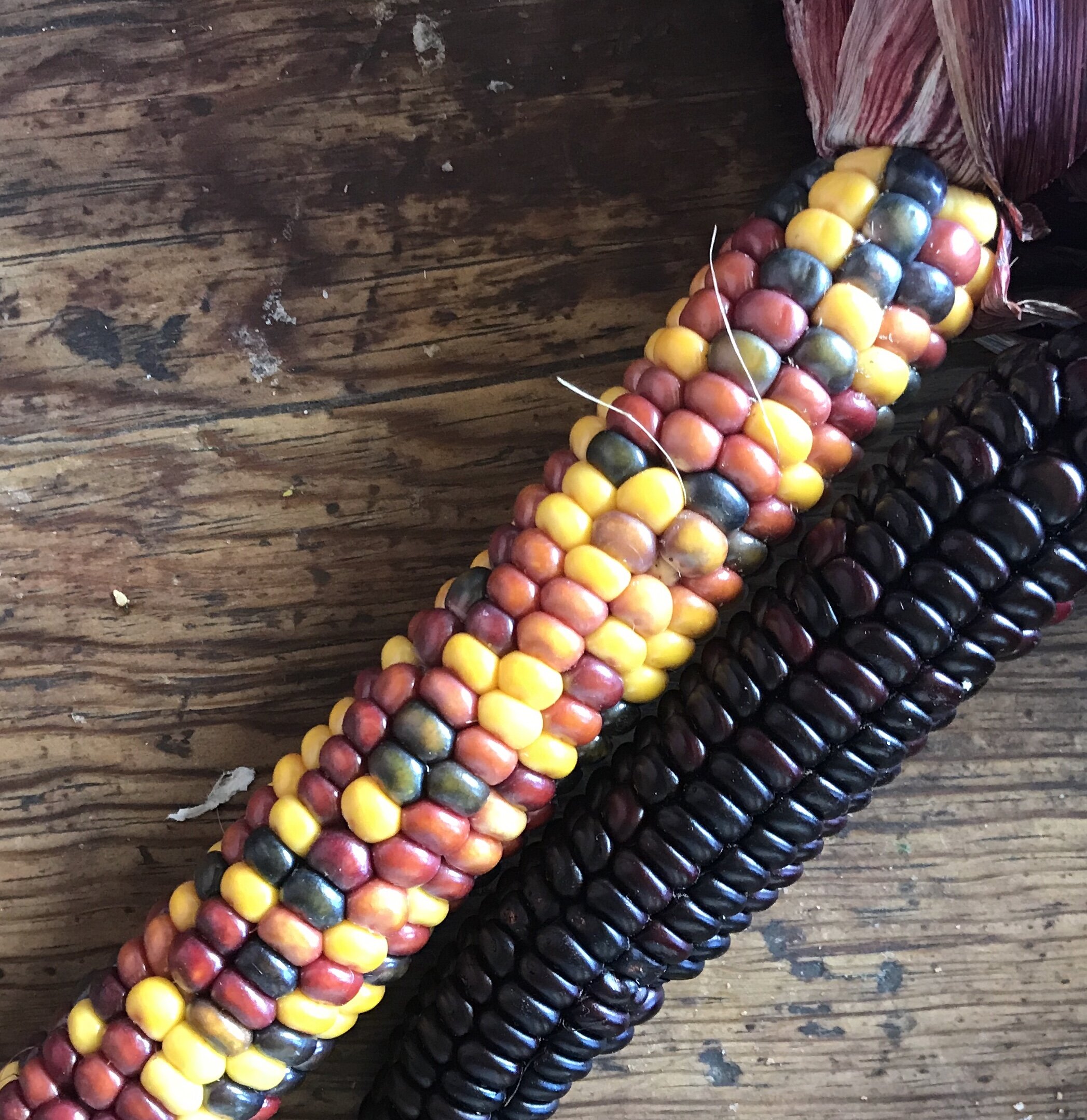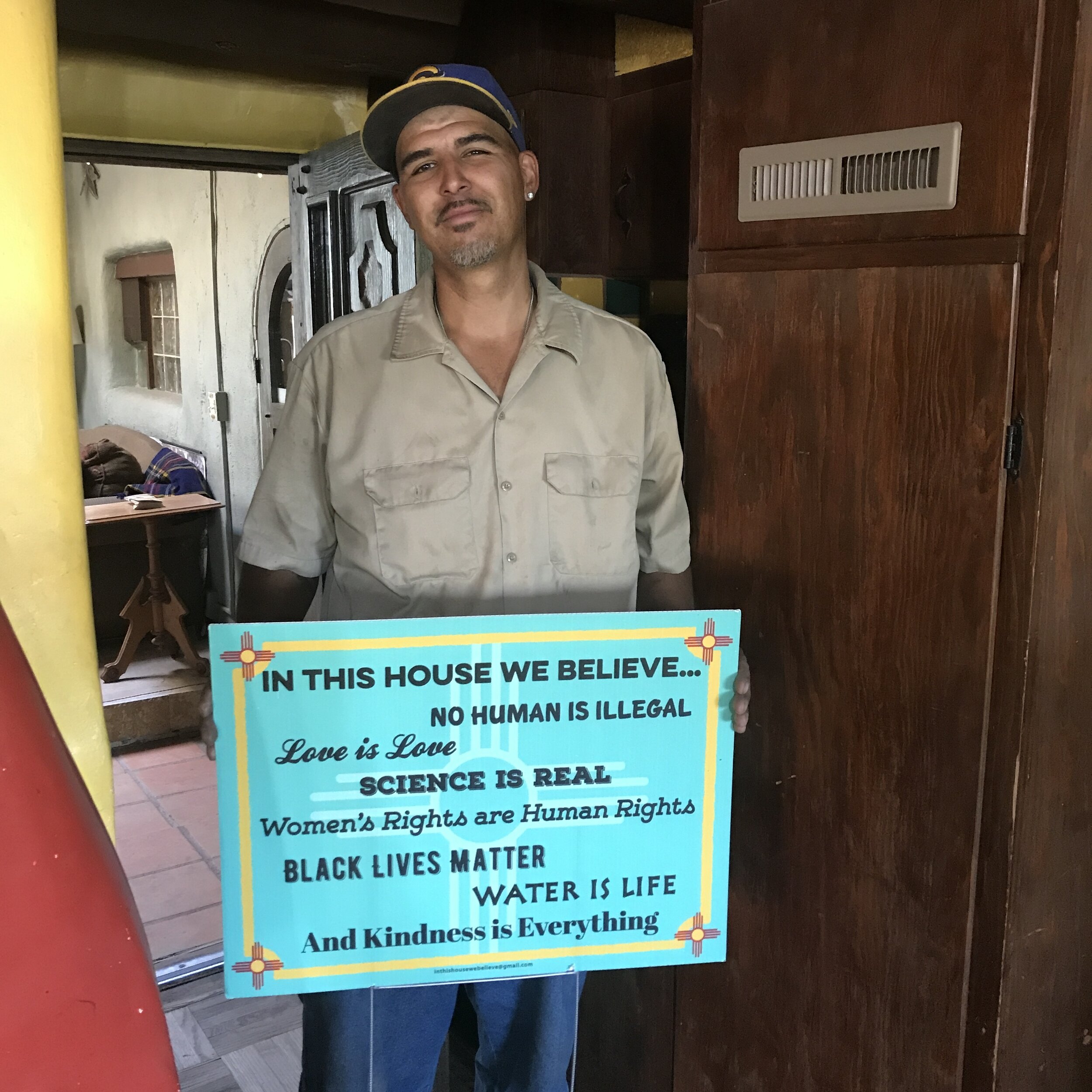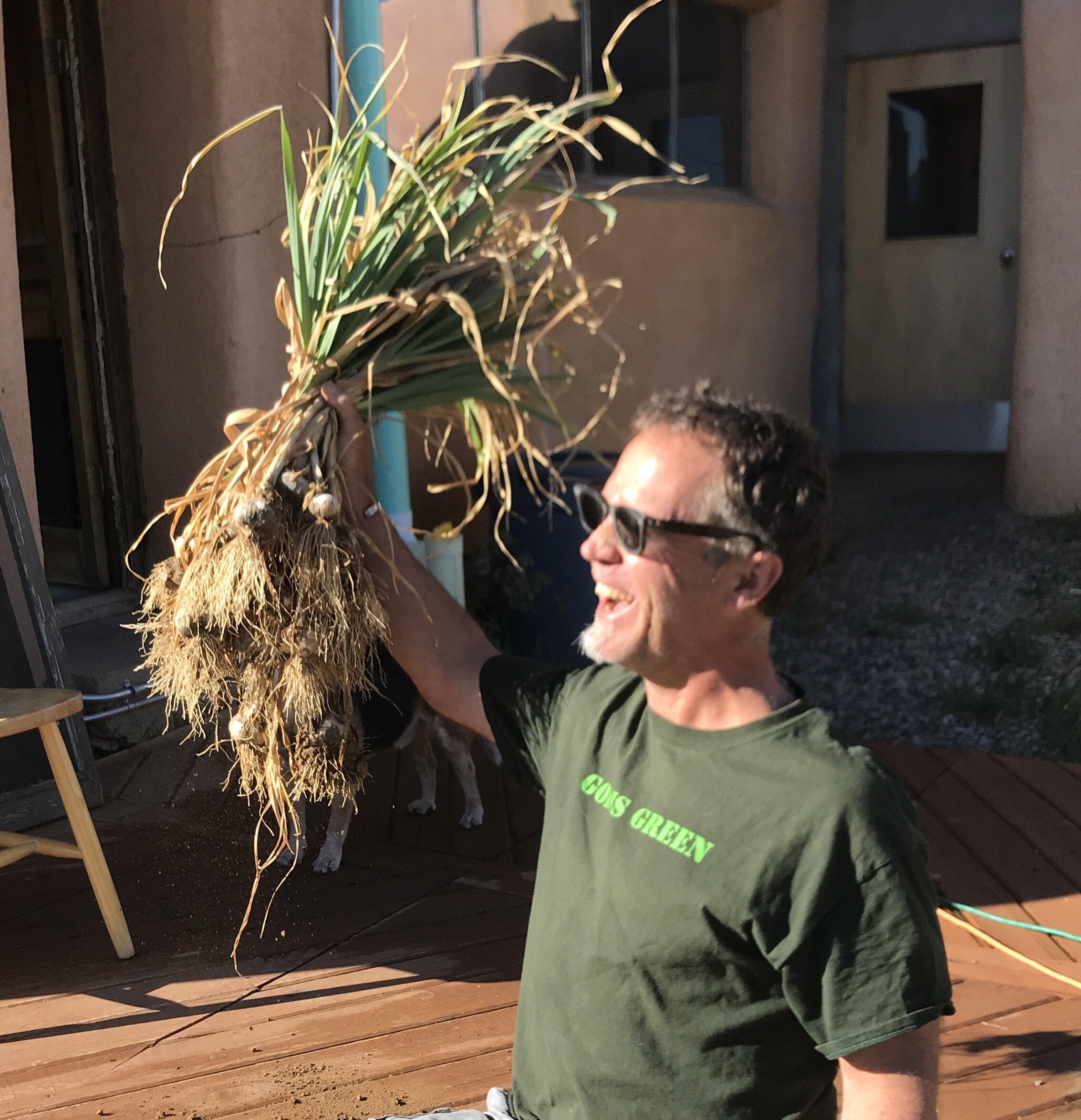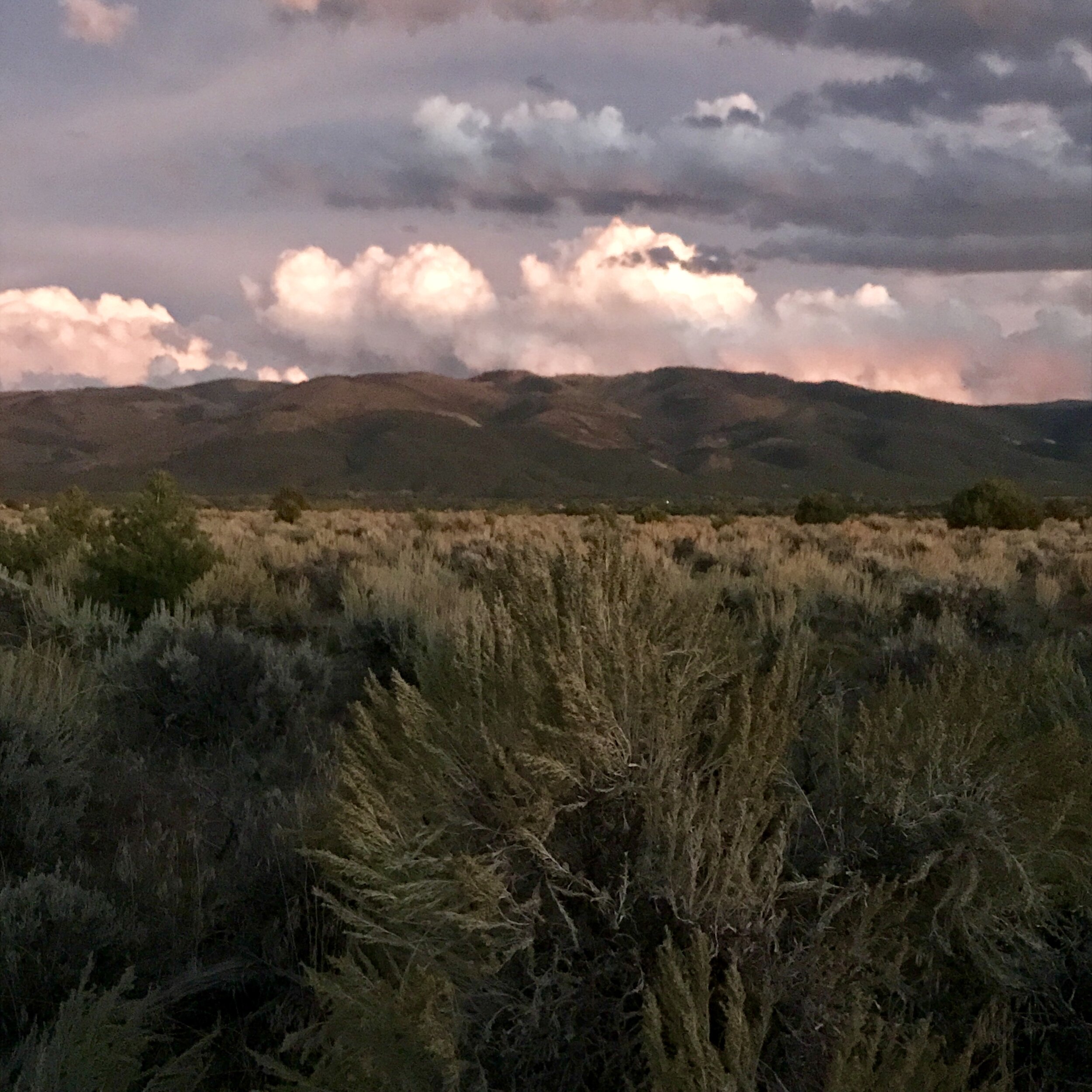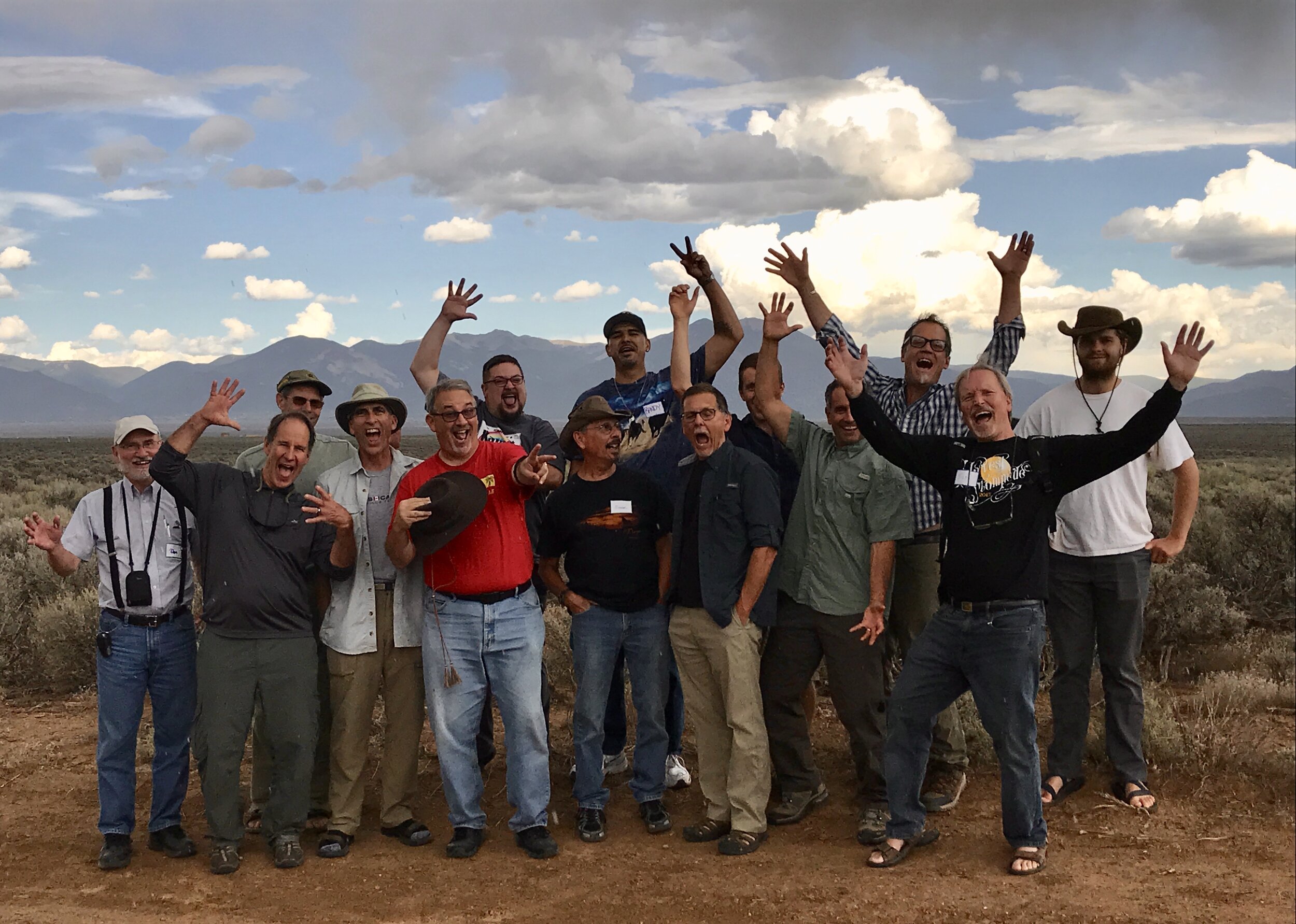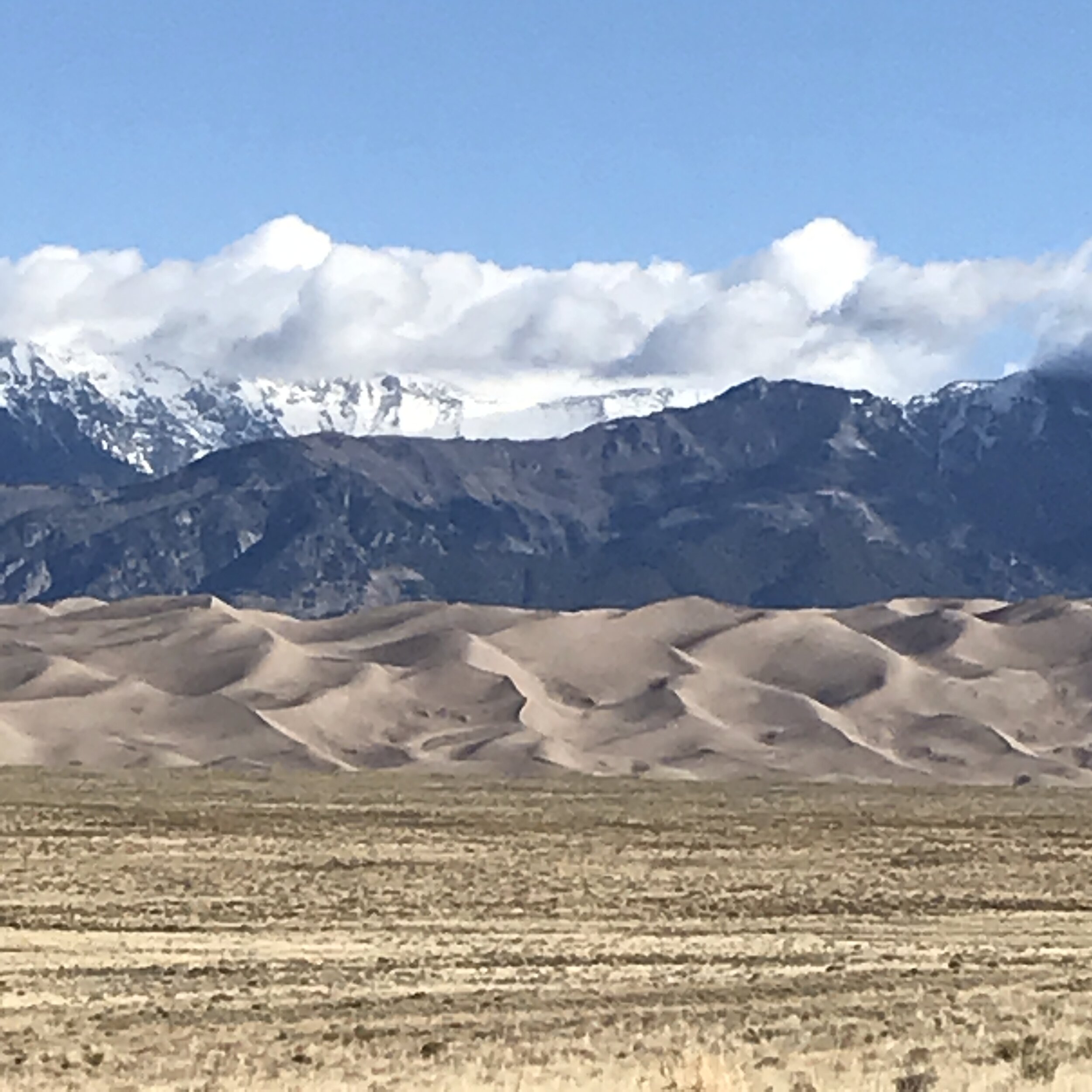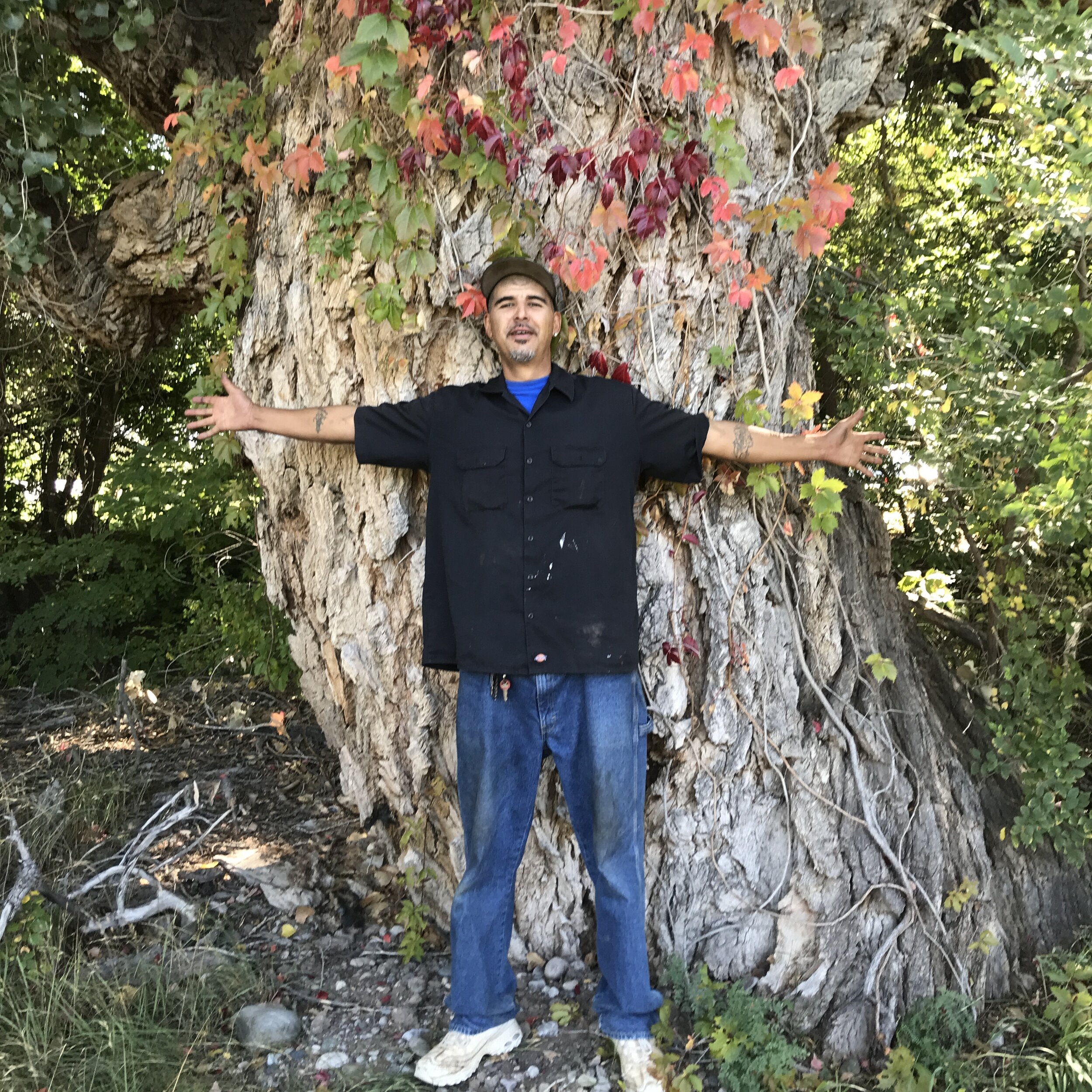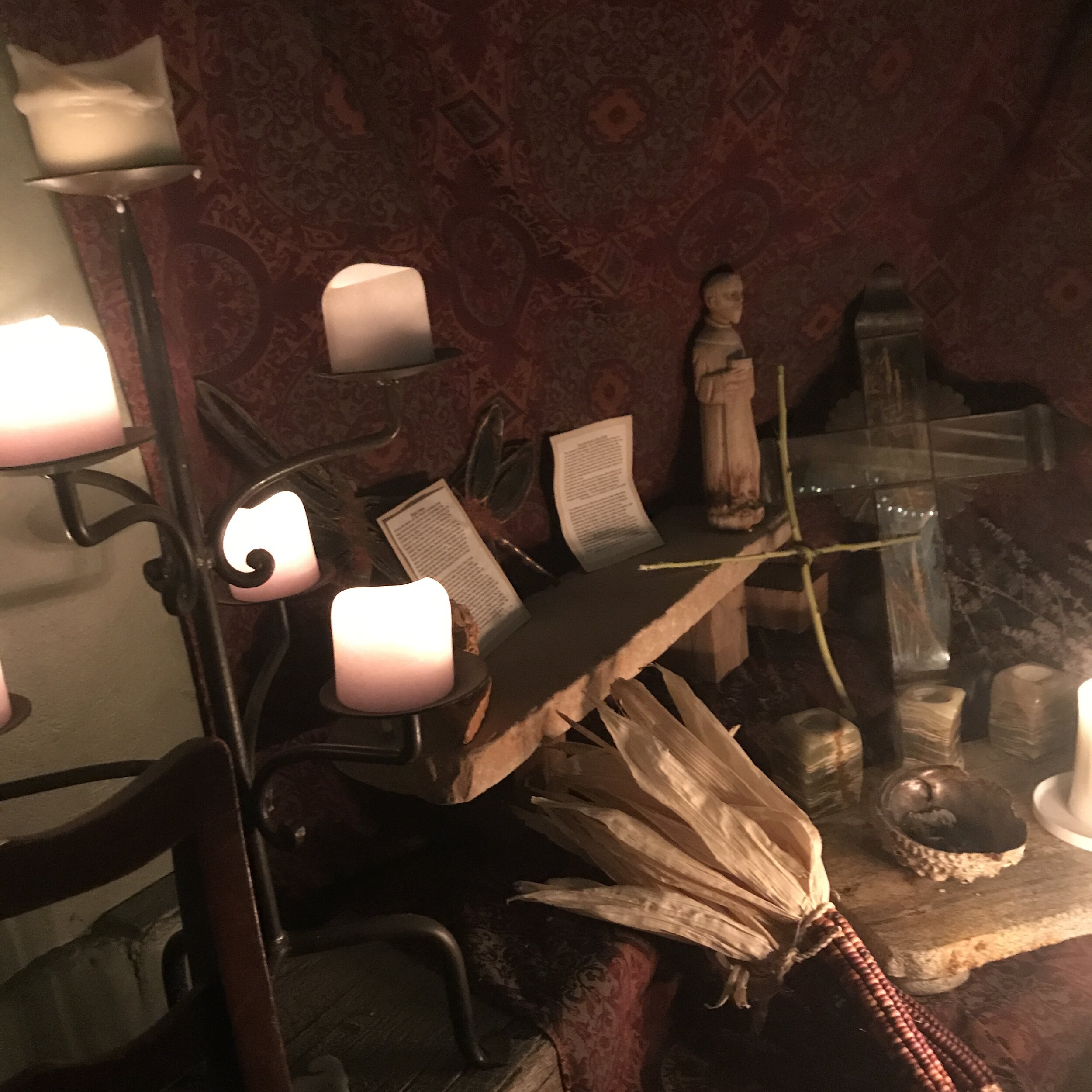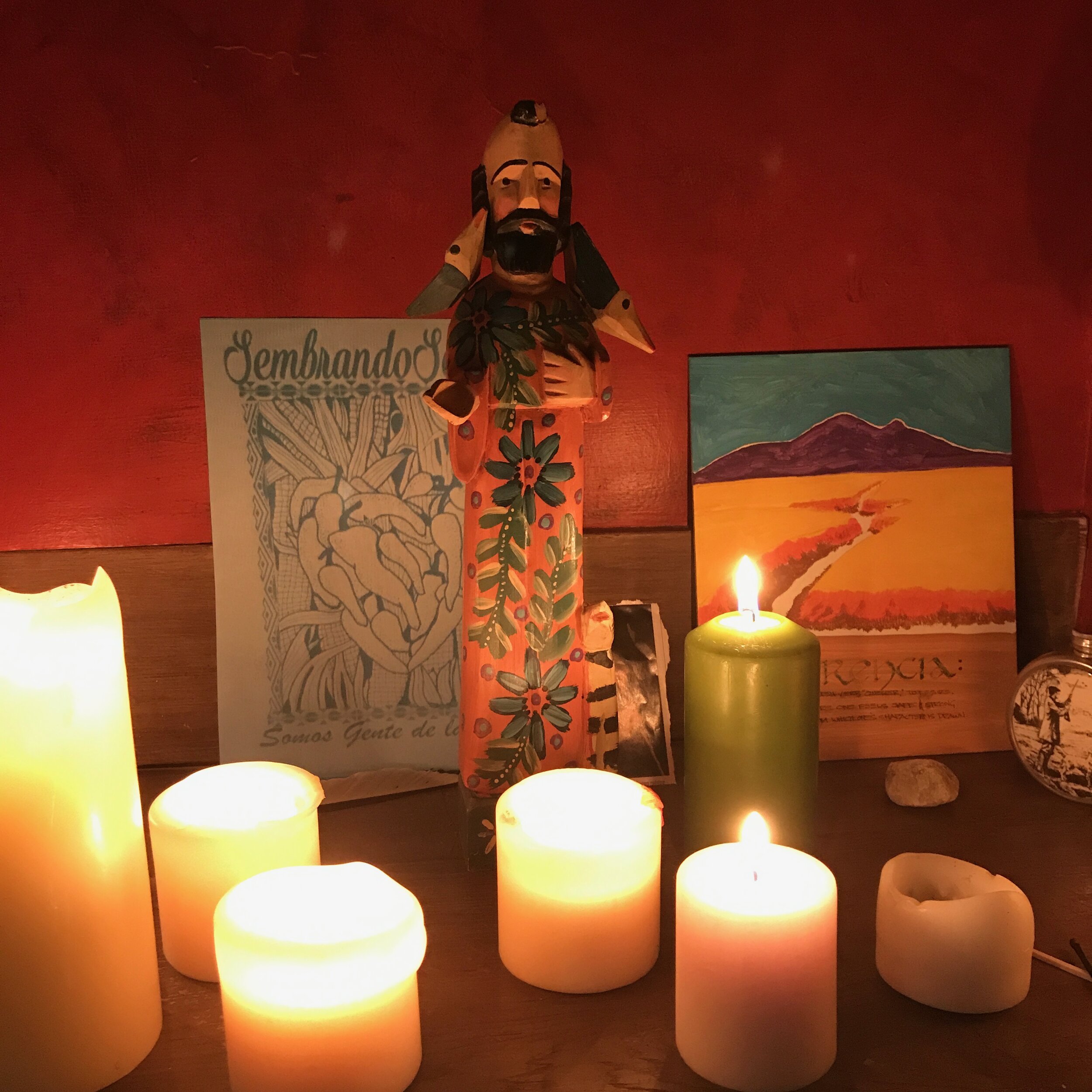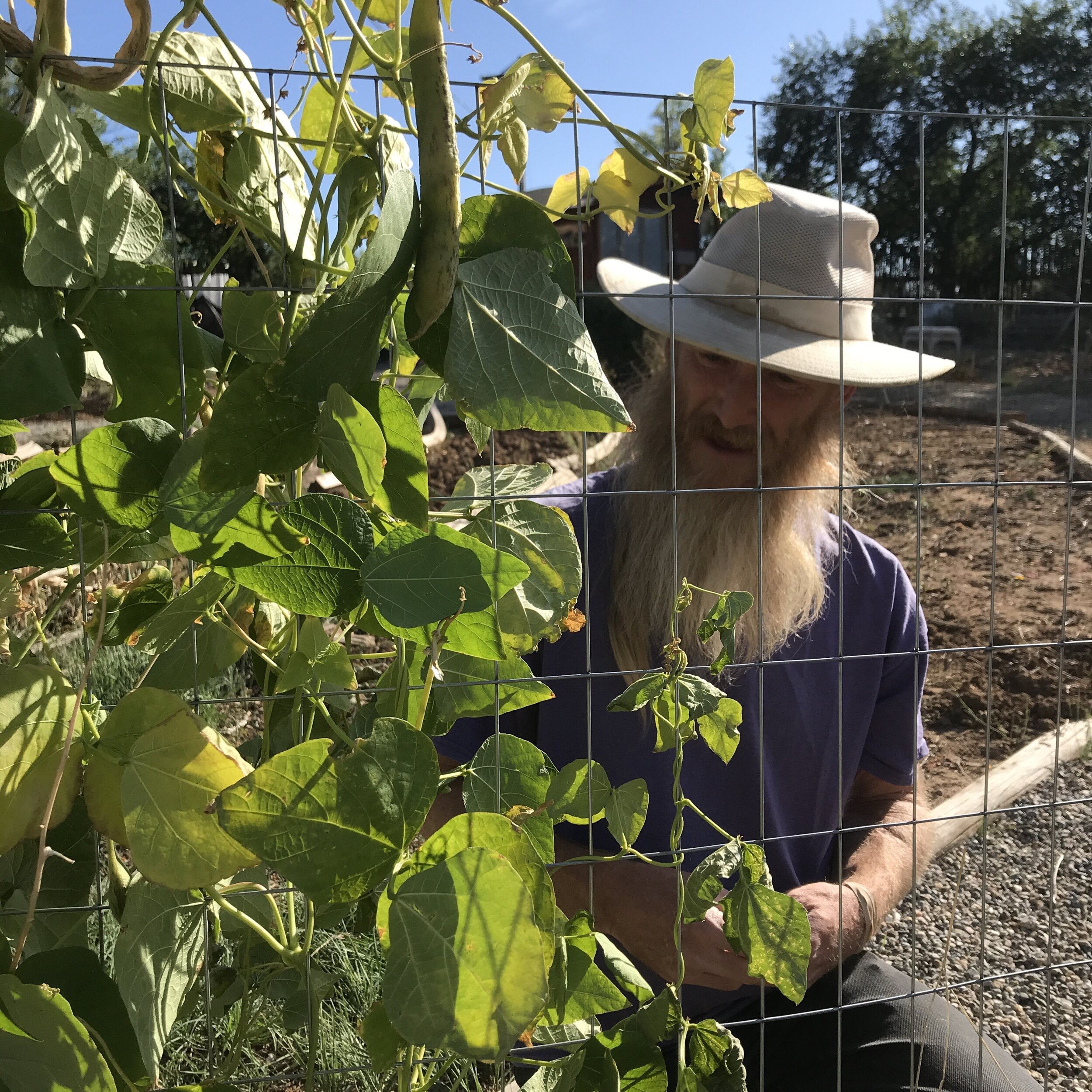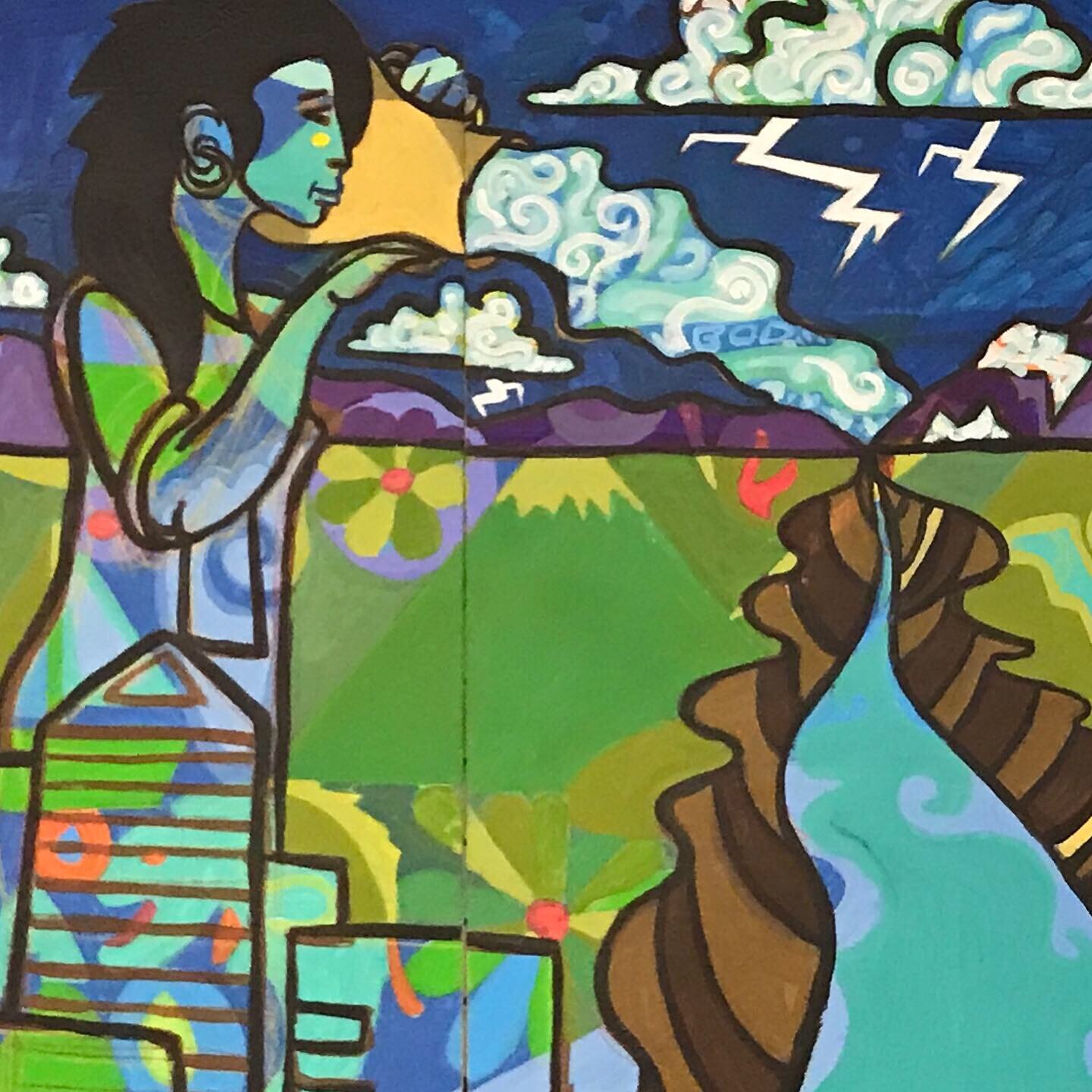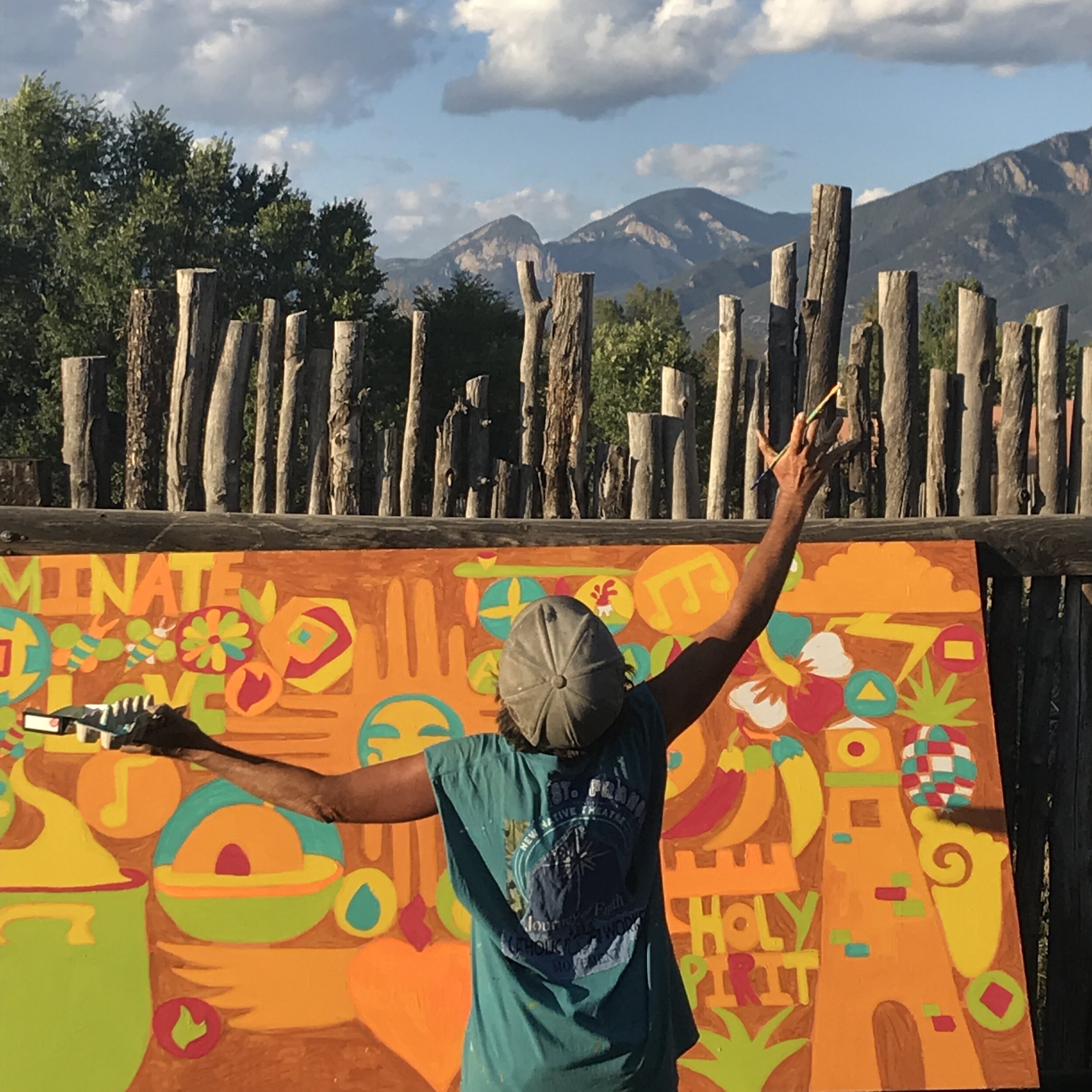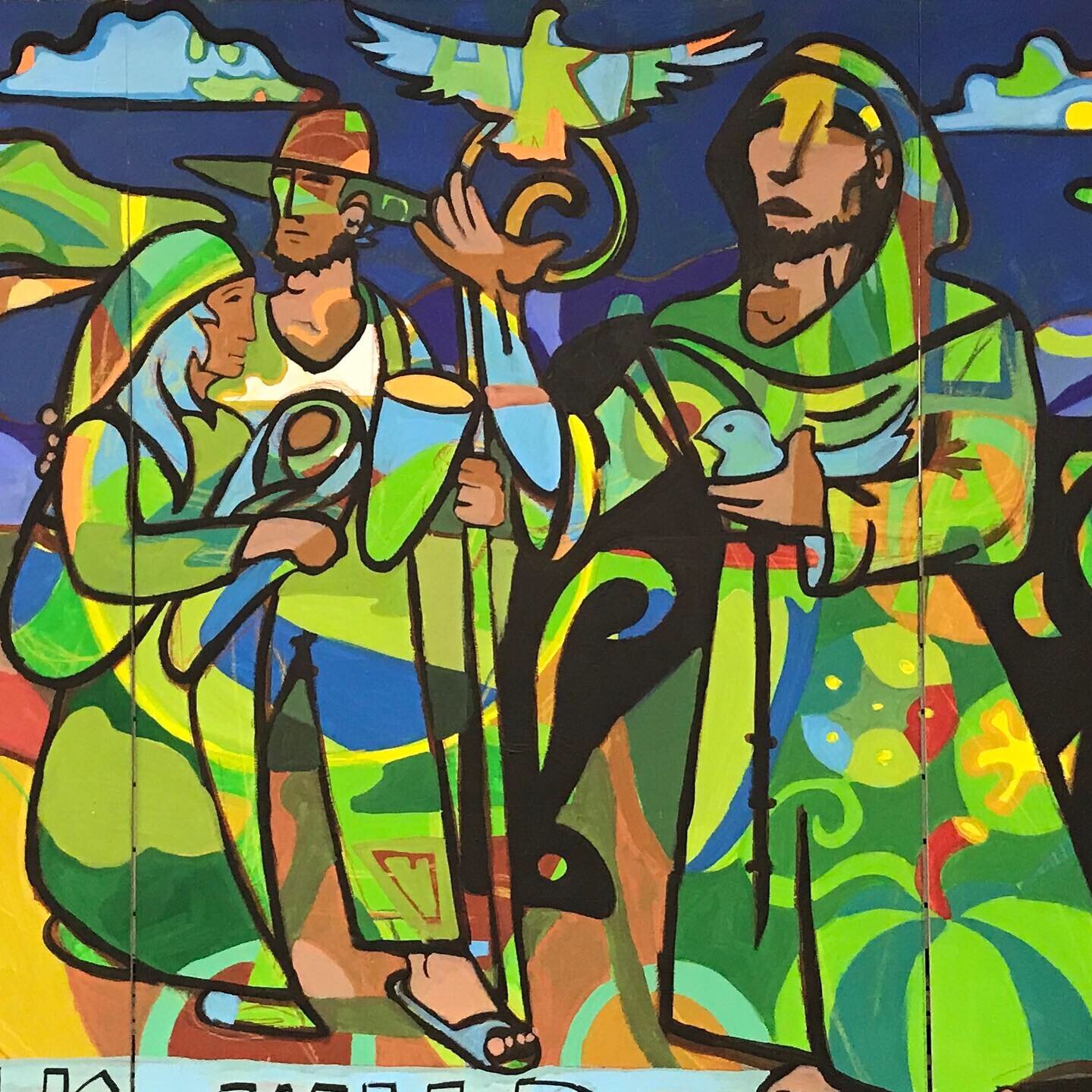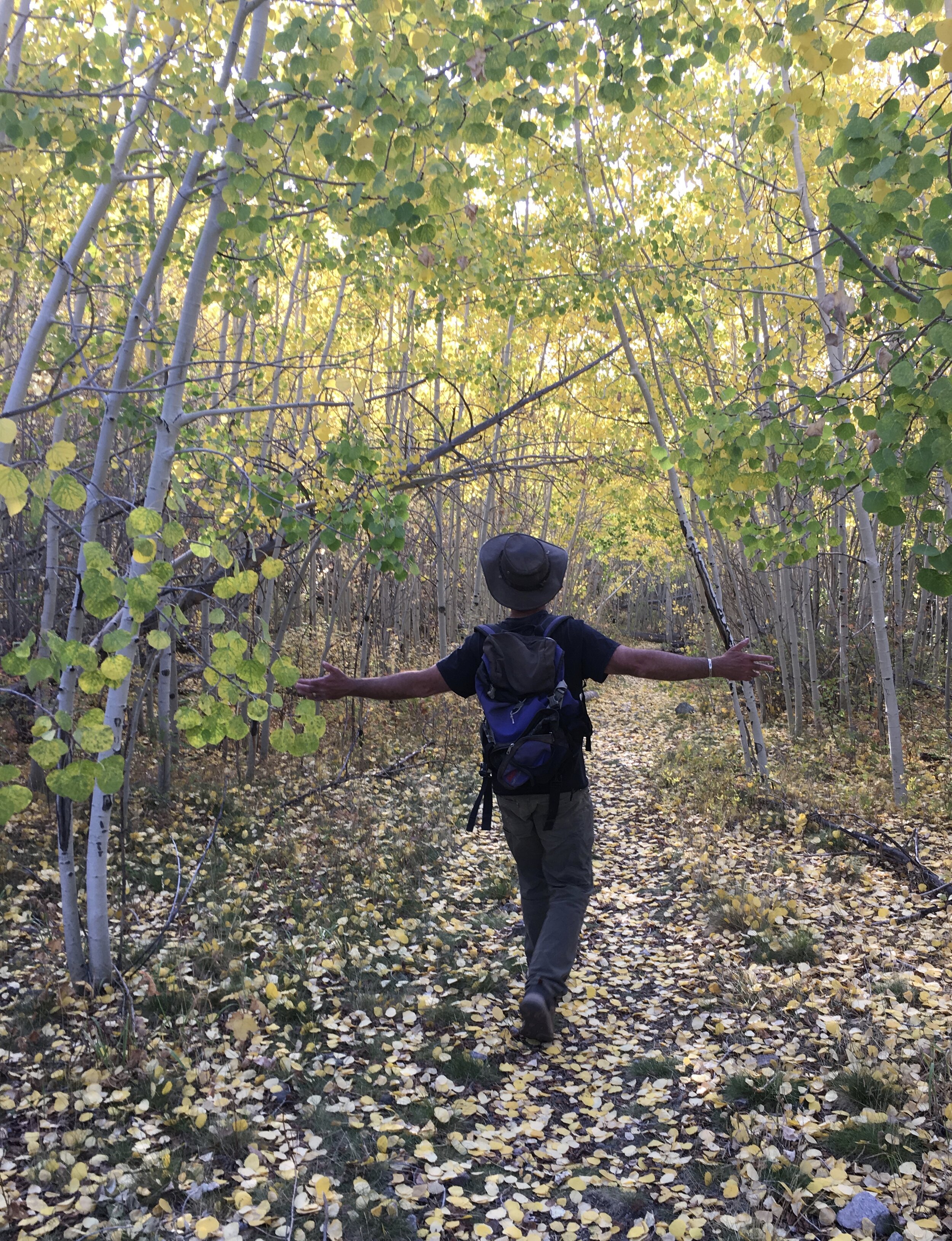“Do unto those downstream as you would have those upstream do unto you.”
What is the Watershed Way?
As Ched Myers observes, modern society lies drugged in an “ecocidal slumber.” We’re fully aware our actions are causing the corrosion of earth’s basic life-sustaining systems. We know we have choices. Yet we lay paralyzed, trapped by our compulsive habits, individualism, and oh-so comfortable lifestyles.
Reforms of habits--such as recycling and eating locally and shopping responsibly--are important, but to become the people we need to be to face our environmental crisis, we’ll need to do much more: we’ll need to practice transformed living. One path to such transformed living is what some of us in Taos are beginning to call the Watershed Way.
We suggest that those who aspire to the Watershed Way embrace the following motto: “We will not save a place we do not love; we will not love a place we do not know; we will not know a place we have not inhabited.” Inhabiting a particular place—experiencing its characteristics and being molded by its constraints, its bounty and its boundaries—is essential to the Watershed Way. It is the “re-placed” identity we as a species must vitally embody if we are to rouse from ecocidal slumber. Like Wendell Berry suggests, we need to breath place-based life into Jesus’ golden rule: “Do unto those downstream as you would have those upstream do unto you.”
So what is the Watershed Way, exactly? A small group of us in Taos are actively learning into the answer. We are finding it to be the kind of “guiding framework” that crosses the divides that separate us by race and religion, politics and class, and the kind of framework that might motivate us to move mountains of malaise and despair. The Watershed Way remains a “work-in-progress,” an intriguing and powerful concept only discovered and defined as we live it out in our places each day. We want to be part of the journey of discovery….how about you?
The Taos Watershed Way chapter welcomes interested folks to participate in change-of-the-season ceremonies we hold—once a quarter during the first week of August, November, February, and May. Committed members of the Taos Watershed Way re-covenant each mid-May around San Isidro Day. Interested? Contact Todd Wynward toddwynward@gmail.com
The watershed way is a social-spiritual order emerging in Taos that covenants a year together every mid-may on San Isidro Day.
When we of the Watershed Way gather, we often start with a prayer of intention:
San Isidro, Teach us. You are the patron saint of acequias, farmers and laborers on the land. Teach us to live like you did. Teach us to work hard, walk humbly, see angels on our shoulders, and joyfully share our daily bread with all the living beings that surround us. Help us labor in such a way that our work helps our whole watershed—and the whole world—to live simply and with dignity.
San Isidro, keep laboring for us. We have chosen you to be the patron saint of the Watershed Way. Show us your path of simple living and place-based wisdom. Help us obtain the grace to walk at God’s side in the cool of the garden, to love our home places, to humbly know our worth, to find the abundance that exists around us in each season, and to overcome the temptation to always grab for more and more.
San Isidro, whisper in our ears. Help us seek labor that we enjoy, so we will not have to work a day of our lives. Teach us to work as if everything depends upon on us, but grant us the deep peace that comes with knowing that everything really depends upon God. Remind us that the tastiest bread and the best communities are those that are achieved conjuntos, together, for all. Amen.
Then we remember our Vow, even if we’ve said it a hundred times, to remind us of what we seek:
We know we want this lifeway, yet we too often remain shackled to destructive habits and systems, don’t we? And we too often remain distrustful of those we call strangers.
I’m done with wanting to be destructive and distrustful. How about you? Do you want to be a community that comes together—conjuntos as una gente, una familia, as a new kind of community, as a new kind of country-- that takes care of all our children, takes care of our air and water and food together, and provides enough so that all of our community members might live and thrive?
Will we trust each other? I tell you today I am going to trust, even though it seems crazy. I tell you today I am going to commit to this way of life, this movement we call the Watershed Way. I am going to build bridges across the lines that divide our town, our culture, our races, our religions.
I will do so by my sweat and my labor, by my willingness to trust others, and my willingness to trust that our Creator will take care of us and this beautiful planet that we are blessed to share.
Will you join me? We of the Watershed Way are hard workers. We are going to get to work building the community that we want our children and grandchildren to grow up in. We will work for and delight in the kind of community that our Creator wants us to have, a community in which we all have enough: healthy local food on all our plates, good water for all to drink, renewable energy for all to use, a safe roof over all of our heads, jobs with dignity, confidence in our hearts, trust in our handshakes, and peace in the land. May it be so.
Some “Marks” of the Watershed Way:
1.
2.
Fall in Love
Cultivate what you love about the place you live
Consistently practice nature immersion / wilderness solo/ Earth Sabbath/ watershed pilgrimage
Create and foster the festive, the ceremonial and the seasonal
Practice Gratitude on a regular basis—as we wake, as we eat, as we lay down to sleep
Commit to Transformed Action Together
Join a Watershed Way chapter—take an active 12-step approach to your own transformation
Recovenant annually—re-examine the “holy no” and the “holy yes” in your life
Vow to live an ever-lighter footprint, defect from unhealthy consumerism
Commit to some kind of bioregional food covenant
Actively seek to heal the personal trauma & addictions that stop us
Actively unite in common cause across divisions of culture, race, class, species and age
Eat together; Share food; Provide abundantly for all—human and non-human alike
3.
4.
Protect & Provide
Actively redistribute wealth & resources [outside of your comfort zone] to right imbalances
Conserve, clean up, caretake
Be a watershed protector, a fierce mama bear, defender against threats—part of a rapid response network of risk-taking, nonviolent resistance on behalf of places and place-based people
Employ Regenerative Practices to improve and re-enliven watershed health
Support sister watersheds and other place-based economies in deeper need than ours—solidarity
Support & grow healthy local food systems
Embrace/Surrender to the Season
Live in season, with a changed calendar: celebrate, commemorate & act differently by season
Change your tastebuds by season; Compile a Localmanac that identifies what grows in our region, and compile traditional as well as creative recipes using regional edibles
5.
Treat your region as rabbi:
Identify the blessings & limits of your region; let them transform your habits and consumption
Go to school on your place—learn of its water, species, microclimates, resources, first peoples, history, stories, and [hidden] trauma
Seek active, deep understanding of the fellow citizens—human and non-human— in your watershed
Grieve what has been—and is being—lost; Lament, privately and also publicly
Respect traditional ecological knowledge—honor place-based peoples as well as their knowledge, skills, habits & ways
Seek Truth & Reconciliation of past abuse, extraction & colonization of your place and its people
Actively support traditional place-based people to continue to live well in their place
Help enhance a Community Map & Audit, identifying local sources of items we need at all levels

